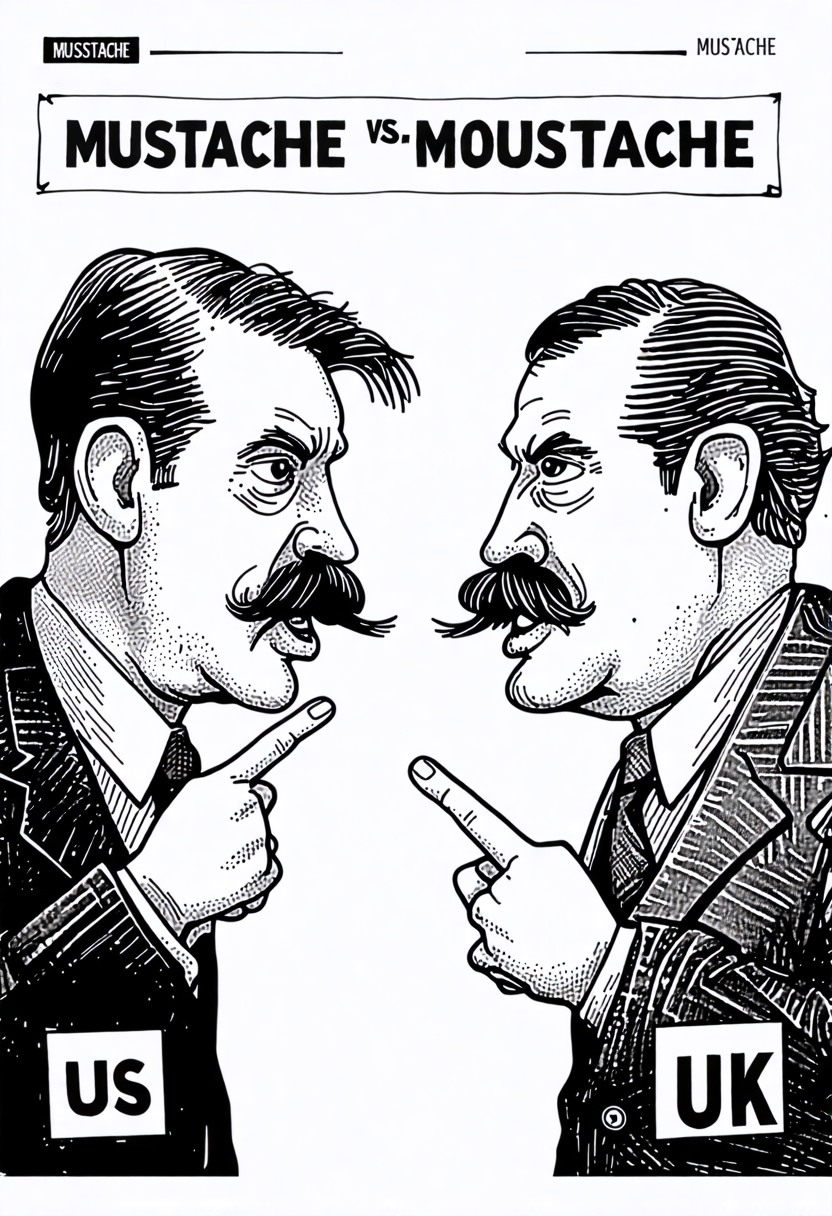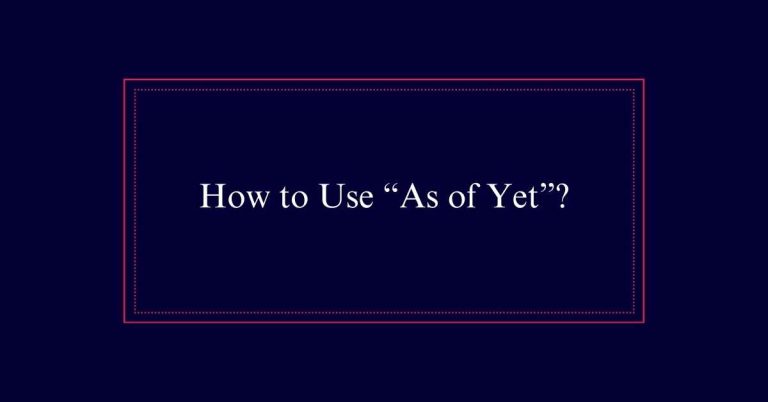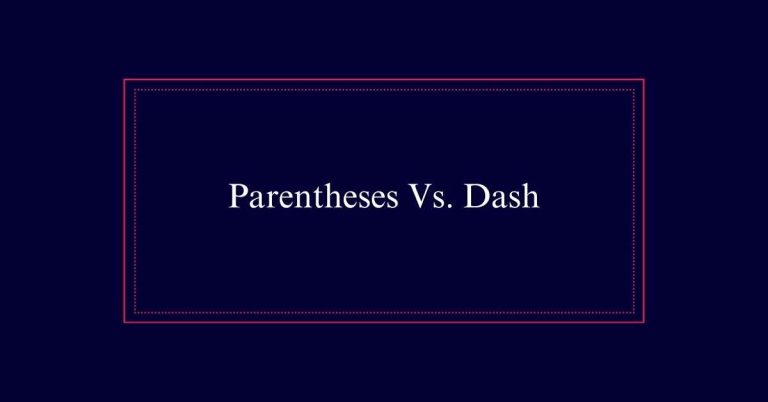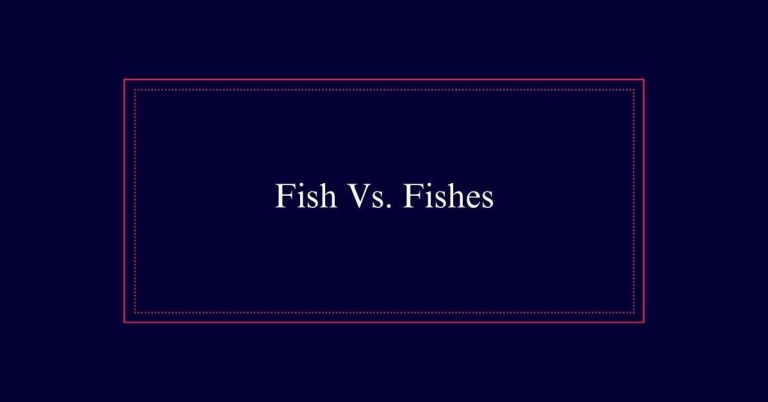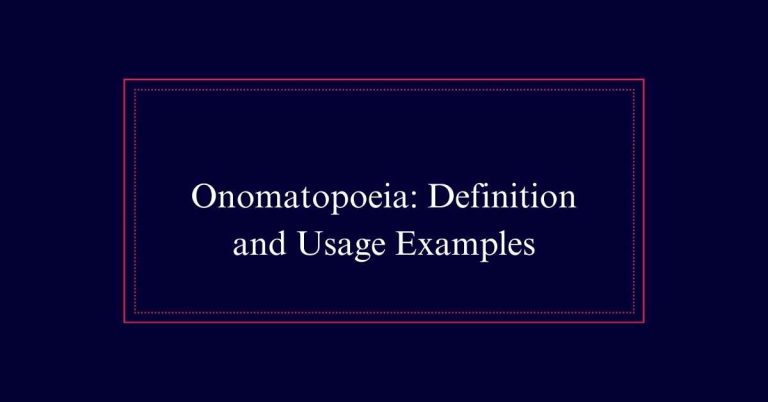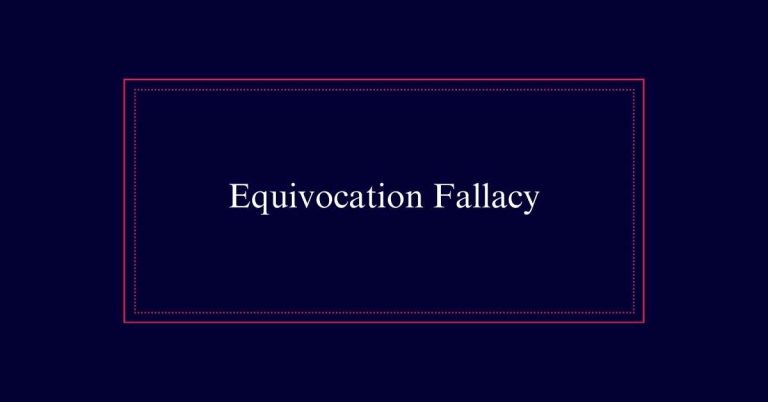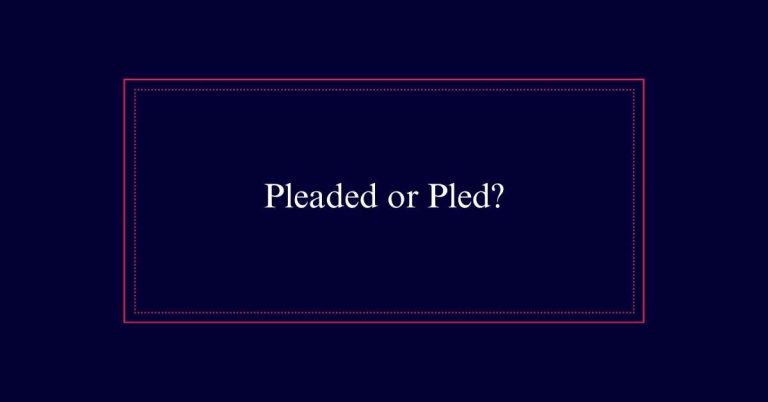Mustache Vs. Moustache
Both ‘mustache’ and ‘moustache’ are correct spellings, with ‘mustache’ mostly used in the United States and ‘moustache’ favored in the United Kingdom. These variations are similar to differences like ‘color’ vs. ‘colour’ and ‘theater’ vs. ‘theatre.’ Recognizing and using the regional preference enhances clarity and professionalism in your writing. Consistency in spelling is essential, especially in professional and academic contexts.
Spelling Difference
The primary difference between ‘mustache’ and ‘moustache’ lies in the regional spelling preferences of American and British English. In the United States, ‘mustache’ is the standard spelling. Conversely, in the United Kingdom and regions influenced by British English, ‘moustache’ is preferred.
This distinction is a common example of how American and British English diverge in their orthography. While both terms refer to the same facial hair, their spelling variations can signal the writer’s regional background. Other examples of such differences include ‘color’ vs. ‘colour’ and ‘theater’ vs. ‘theatre.’
Understanding these variations is essential for effective communication, especially in global contexts. Consistent spelling, aligned with regional preferences, enhances clarity and professionalism in writing.
American English Usage
Using ‘mustache’ aligns with the standard spelling conventions in American English. This spelling is widely recognized and accepted across the United States. When writing for an American audience, ‘mustache’ guarantees clarity and adherence to local linguistic norms. This spelling variation simplifies communication and avoids confusion.
In various American contexts, such as literature, advertising, and digital media, ‘mustache’ is consistently used. For example, companies like Lyft have popularized iconic mustache imagery in their branding. Additionally, American grooming trends and styles often emphasize the mustache, reflecting its cultural significance.
British English Preference
In British English, the preferred spelling for facial hair above the lip is ‘moustache.’ This variant is commonly used in the United Kingdom and other regions influenced by British English. The choice of ‘moustache’ over ‘mustache’ can be traced to linguistic traditions and etymological roots.
Historical Influence: The word ‘moustache’ has French origins, which aligns with British English’s tendency to retain certain French spellings.
Cultural Preference: British media, literature, and educational systems consistently use ‘moustache.’
Regional Consistency: Countries like Australia, Canada, and India often follow the British spelling conventions.
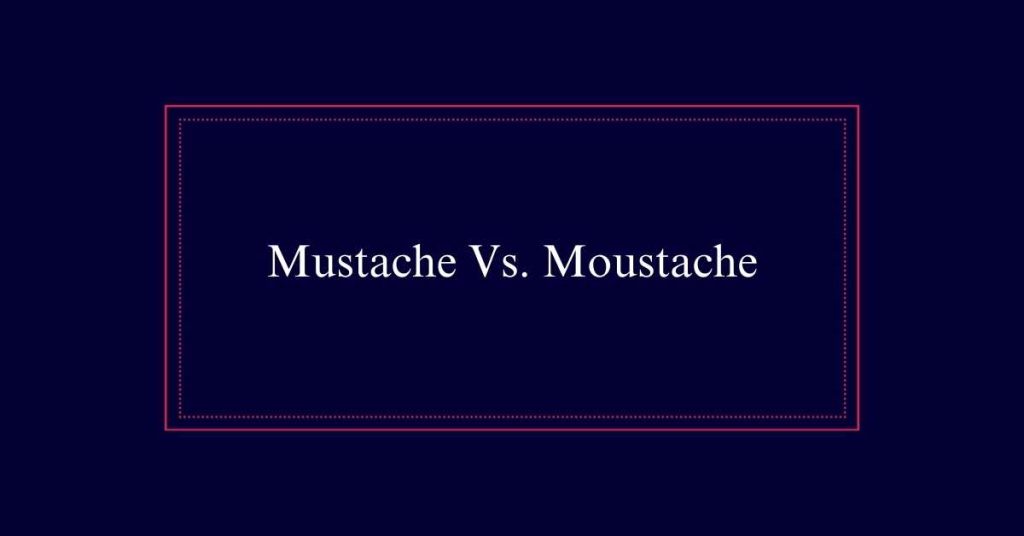
Mustachios Explained
Beyond the cultural and linguistic differences between ‘mustache’ and ‘moustache’, the term ‘mustachios’ refers to more elaborate and often stylized facial hair. Mustachios are characterized by their dramatic and artistic presentation. They can be curled at the ends, shaped into intricate designs, or grown to impressive lengths.
Historically, mustachios have been a symbol of distinction and individuality. In modern times, they are often seen in niche fashion circles and among enthusiasts who take pride in their grooming. Famous examples include the handlebar mustache, the walrus mustache, and the Salvador Dalí mustache. These styles require meticulous care and regular maintenance to achieve their distinctive look.
Mustachios are more than facial hair; they are a statement.
Common Slang Terms
Common slang terms for mustaches add a playful and informal twist to the conversation about facial hair. These terms are often used affectionately or humorously to refer to the mustache. Here are some popular slang terms:
- ‘Stache: A short and catchy abbreviation, often used in casual conversations.
- Lip Rug: This term humorously likens a mustache to a small carpet on the upper lip.
- Muzzy: A playful and affectionate term for a mustache.
- Soup Strainer: A humorous way to refer to a mustache, suggesting it could strain soup while eating.
These slang terms highlight the cultural impact and playful nature of mustaches in everyday language. They add color and personality to the subject of facial hair.
US Mustache Examples
A mustache in the United States typically extends beyond the edges of the lips, often becoming a defining facial feature. This style has been popularized by various cultural icons and continues to be a symbol of personality and style.
American mustaches can range from the classic Chevron to the more elaborate Handlebar. The mustache has even found its way into pop culture, with companies like Lyft once attaching large, furry mustaches to their cars as a marketing gimmick.
In professional settings, a well-groomed mustache can convey a sense of maturity and distinction. Whether for style or tradition, the mustache remains a prominent and celebrated feature in the U.S.
UK Moustache Examples
In the UK, a moustache often symbolizes a proud tradition, particularly in sports like cricket. The historical and cultural significance of the moustache in British society is rich and varied.
Here are some notable examples:
- Cricket Legends: Iconic players like W.G. Grace sported impressive moustaches, becoming symbols of the sport.
- Military Influence: British soldiers, especially during the Victorian era, were often required to grow moustaches, adding to their distinguished appearance.
- Movember Movement: This annual event encourages men to grow moustaches in November to raise awareness for men’s health issues.
- Cultural Icons: Figures like Freddie Mercury and Salvador Dalí, though not British by birth, found a massive fan base in the UK, partly due to their distinctive moustaches.
These examples illustrate the diverse representations and enduring appeal of the moustache in British culture.
Classic Mustachio Scenes
Classic mustachio scenes have left an indelible mark on popular culture, showcasing elaborate and memorable facial hair in film and literature. From Hercule Poirot’s meticulously groomed mustache in Agatha Christie’s detective novels to the iconic mustache of Tom Selleck in ‘Magnum, P.I.,’ these facial adornments define characters.
In cinema, the unforgettable mustache of Clark Gable in ‘Gone with the Wind’ adds to Rhett Butler’s suave persona. Similarly, the mustachioed villain Snidely Whiplash from ‘Dudley Do-Right’ cartoons exemplifies the classic trope of the mustachioed antagonist.
These scenes highlight the mustache’s role in character development, giving depth and distinction to personalities, whether heroic, villainous, or simply charming.
Other Spelling Variations
Beyond ‘mustache’ and ‘moustache,’ several other words exhibit different spellings between American and British English. These variations can sometimes cause confusion but serve as an interesting aspect of language evolution.
Here are a few notable examples:
- Color vs. Colour: In American English, ‘color’ is used, whereas British English prefers ‘colour.’
- Canceled vs. Cancelled: Americans use ‘canceled,’ while the British use ‘cancelled.’
- Theater vs. Theatre: The American spelling is ‘theater,’ but in the UK, it’s ‘theatre.’
- Check vs. Cheque: In the U.S., it’s ‘check,’ but in the UK, it’s spelled ‘cheque.
